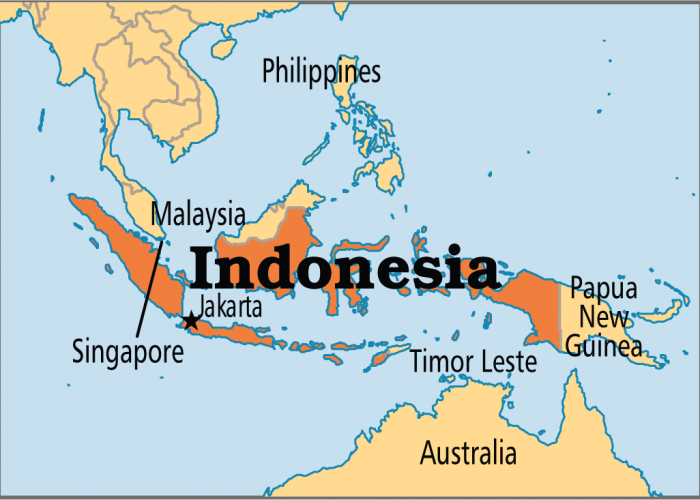



Indonesia with around 250 million people, 17.000 islands, 300 ethnics and 700 languages put democracy into test of managing diversity
THE recent literatures celebrate the significance of institutions toward economic growth, in which to the writer’s opinion, the most notable work till date is ‘Why Nations Fail’ by Professor Daron Acemoglu and Professor James A. Robinson. The thesis basically suggest that to thrive economically a nation should depart from an extractive institution run by a group of greedy elites to an inclusive institution, a fancy term for participative government along with its check and balance feature.
In an article by Huffington Post, Professor Daron Acemoglu further argue that to prevent extractive institution is to focus on local democracy and bottom up initiatives. People’s participation is essential to keep institutions working, and to make growth happen.
To bring it into more practical usage, let’s just call the concept of inclusive institution as democracy. Indeed, democracy is no magic bullet for economic growth. One might easily challenge the causality of democracy toward economic growth by invoking the experience of China, Vietnam, or even South Korea during Park Chung Hee, and Indonesia during Soeharto. Not few scholars will resort to the benevolent dictatorship as a preferred method of government for economic growth, but can you imagine prescribing a developing country by saying ‘go and get yourself a benevolent dictator?’
The question is then how to get democracy that works? While getting democracy through the barrel of a gun is apparently not a good idea, there still prevail other methods of coercive isomorphism commonly used. Tied aid, for example, which is common to African countries, require a recipient to do institutional adjustment as prerequisite for the aid. The use of trade as instrument for institutional change is also prevalent ranging from crude measure like trade embargo to more subtle measures such as the WTO Platform or the currently dormant Trans-Pacific Partnership. The effectiveness of the methods above on economic growth are at best need further studies.
We need to use more of least derogative approach for institutional change. In this regard, Indonesia offer Bali Democracy Forum as an alternative platform. Within BDF all participants constructively discuss democracy, free from political taboo and restrictive standardizations. BDF regards all participating countries as unique, therefore, putting forward ‘sharing experience’ and best practices in discovering democratic principle and value which correspond to each country’s condition.
Since its inception in 2008, in average 45 countries participated in BDF annually. Moreover, recent global and regional settings have been very dynamic since BDF was initiated 10 years ago. This provides us with valuable best practice and lesson learnt that enables BDF becomes a more relevant and intriguing forum.
What attract me personally about BDF this year is the issue of how democracy manage diversity as it will be one sub-theme discussed by the panel. Some countries are still dealing with the issues of minority rights, regional imbalances, and even ethnic rebellions. The issue of finding the best strategy to manage diversity is becoming more salient.
The design and the practice of democracy should provide space for recognition, inclusion and accommodation of social diversity, supported by functioning of democratic institutions. To that aim, democratic institutions should be flexible to meet the dynamics of socio-political life, in harmony with the existing formal and informal institutions, supported by capable leadership. In addition, the public participation needs to be empowered in order to provide feedback to the functioning of democracy, in managing diversity.
Indonesia with around 250 million people, 17.000 islands, 300 ethnics and 700 languages put democracy into test of managing diversity and it is to my humble understanding that the issues relevant with the spirits which revolve during the struggle for Zimbabwe independence until nowadays. As students of democracy, Zimbabwe and Indonesia have much to share.
By Hutomo Bayu Listyaghi
Information, Social-Cultural Function
Embassy of the Republic of Indonesia
The Opinions are my own